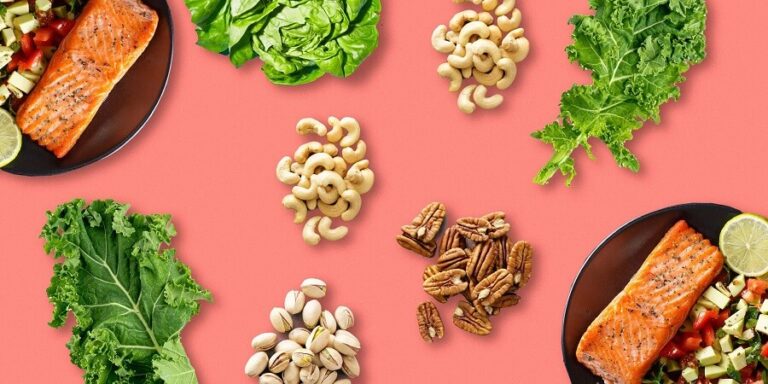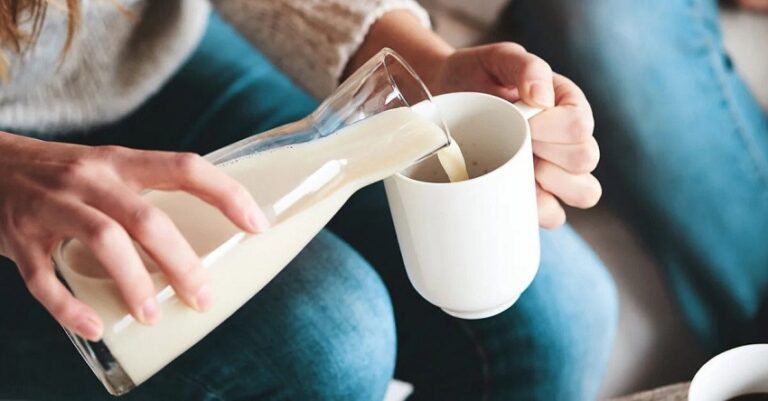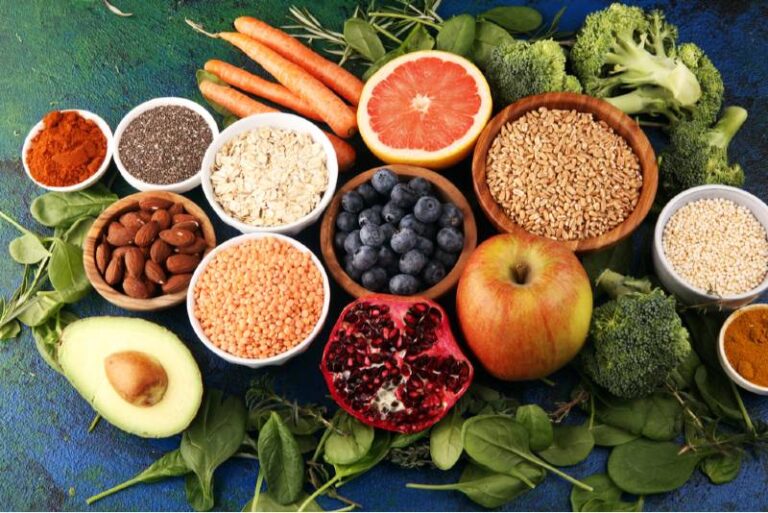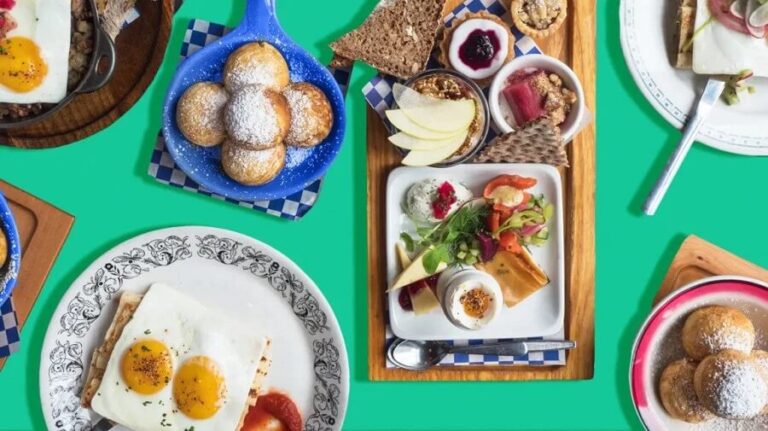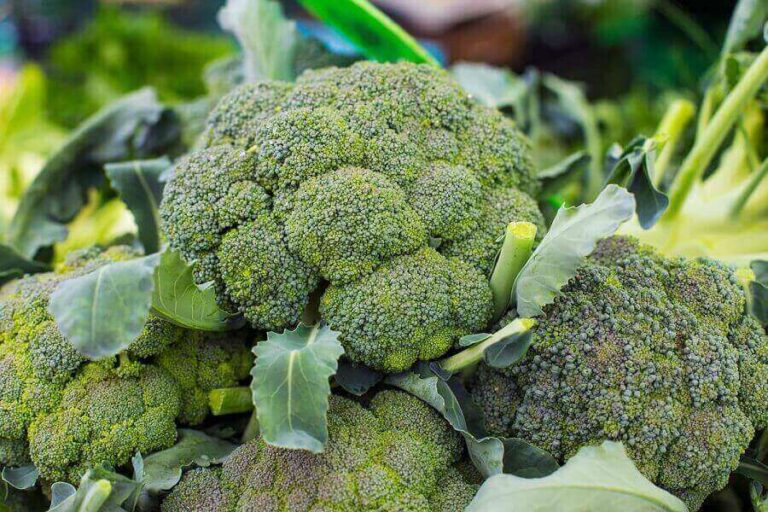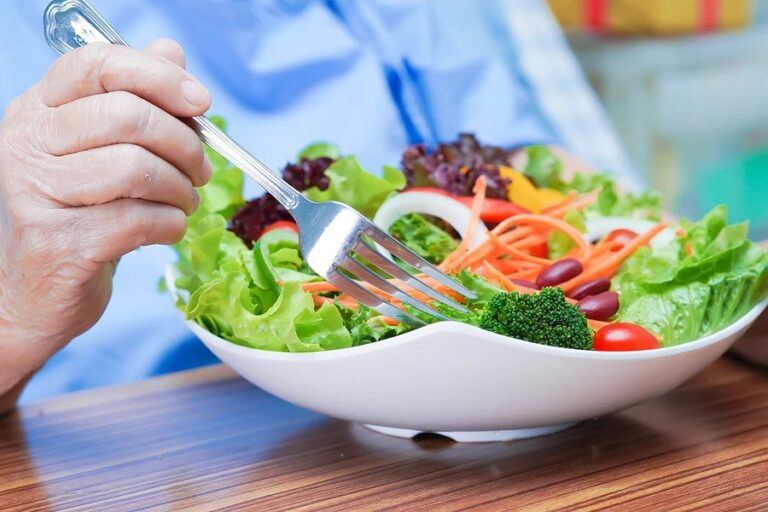Avoiding gluten-containing products is essential for those who have celiac disease.
All people with some degree of intolerance to gluten know which products have this molecule and which ones are not of great importance.
This article describes a complete list of gluten-free and gluten-free foods and products.
Gluten: What is it?
Gluten is a group of proteins found in certain groups of cereals. The most common types of gluten are gliadins, prolamines, and glutelins.
In wheat, gluten represents up to 85% of total proteins. When a person over-reacts to foods or products with gluten, they develop what is known as intolerance or celiac disease.
Although gluten-containing foods are considered safe for most people, they can cause harm and health consequences when a person has an intolerance.
Examples of foods with and without gluten
Gluten is found in all foods that contain cereals, such as wheat, spelled, barley, and rye in their composition.
On a gluten-free diet, the first foods to avoid are bread, pasta, and all products with wheat flour.
Also, small amounts of gluten can appear in some cosmetic and pharmaceutical products. Examples include makeup powders, mascara, lipsticks, toothpaste, shampoos, medications, and shower gels.
In addition, gluten is used in other products as a thickener. Tomato sauces, mayonnaise, and dairy are examples of products. Below is a list of foods with, without, and that may have gluten.
Examples of foods and products with gluten:
- Wheat and derivatives (flours, bread, cookies)
- Barley
- Malta
- Yeast
- Rye
- Burger
Examples of gluten-free foods and products :
- Fruits
- Vegetables
- Eggs
- Milk, kefir, butter
- Flax seeds
- Sesame seeds
- meats
- Fruits of the sea
- Vegetables
- Mushrooms
- Seeds
- Corn and cornmeal
- Vegetable oils
- Nuts
- Chia seeds , flax, sesame
- Quinoa
- Buckwheat
- Integral rice
- Amaranth
- Coconut, coconut oil, and flour
- Dark chocolate
Examples of foods and products that may have gluten:
- Instant soup
- Soy sauce
- Salsa teriyaki
- Dairy products (yogurts)
- Instant coffee
- Ketchup
- Mustards
- Mayonnaise
- Beers
- Snacks
- Spirits
- Avena
Are gluten-free products healthy?
Generalizing between gluten-free products and better health is not correct. Most examples of products suitable for industrial celiacs do not fall into the category of healthy foods.
Gluten-free industrial products are often high in carbohydrates and poor-quality vegetable oils. Although these products may not contain gluten in their composition, their excess of fats and sugars make them not the best choice.
Also, industrial gluten-free products tend to have a high glycemic index. Its excess can lead to weight gain as well as they are capable increasing the probability of other chronic diseases such as diabetes.
Gluten-free bakery products and industrial cookies are high in simple carbohydrates. Limiting these types of foods is one of the first rules of healthy eating.
The best thing for a person with intolerance is to cook or opt for products suitable for celiacs low in sugar.
Are products with gluten terrible?
The rejection of products with gluten is recommended only when a person has an intolerance to it. Although there are still more studies to be done, there is not enough evidence to confirm the damage of this protein to a person who can digest it normally. (1,2,3)
Gluten-containing foods and products can cause different types of harm to people with some degree of intolerance to them. The most frequent consequences are damage to the digestive system, suppression of the immune system, skin rashes, and changes in body weight.
Also, a person who is allergic to gluten products and does not limit them can develop severe consequences of assimilating nutrients. As well as changes in the intestinal flora, inflammation and gases are likely to occur.
How to know if a product has gluten?
Gluten is not present in fruits, vegetables, or unprocessed meats.
In the other products, each case must be evaluated. Fortunately, gluten-free products are often labeled with the corresponding logo. When in doubt, the ingredient list should be considered.
Gluten may appear under the name “modified wheat starch,” “stabilizer,” or “thickener.”
Does all bread have gluten?
All wheat flour-based bread has gluten. However, making baked goods or bread suitable for celiacs is possible.
Gluten-free bread can be prepared using alternative flours such as buckwheat, rice, almonds, coconut flour, or corn.
Do oats have gluten?
Although oatmeal does not contain gluten in its composition, it is usually contaminated during its production process.
In industries where oats are packaged, other foods and products with gluten are usually packaged. The use of machinery and the crops where oats are harvested are often shared with the production of other wheat-based products.
Some brands of oats have managed to produce gluten-free oats. However, scientists insist they must improve their production standards. The analyses have detected this molecule’s presence even in brands where they are sold as products suitable for celiacs. (3)
ABSTRACT
- Gluten is a group of proteins that are part of the composition of most cereals.
- The foods and products with gluten par excellence are the bread and all derivatives based on wheat flour. Furthermore, it can be present in the form of a food additive and the manufacture of medicines and cosmetic products.
- Today, gluten consumption is considered safe for most people – the exception: is people with some degree of intolerance or celiac disease.
- Excess gluten-free products high in sugars and unhealthy fats can cause severe damage and health consequences.


